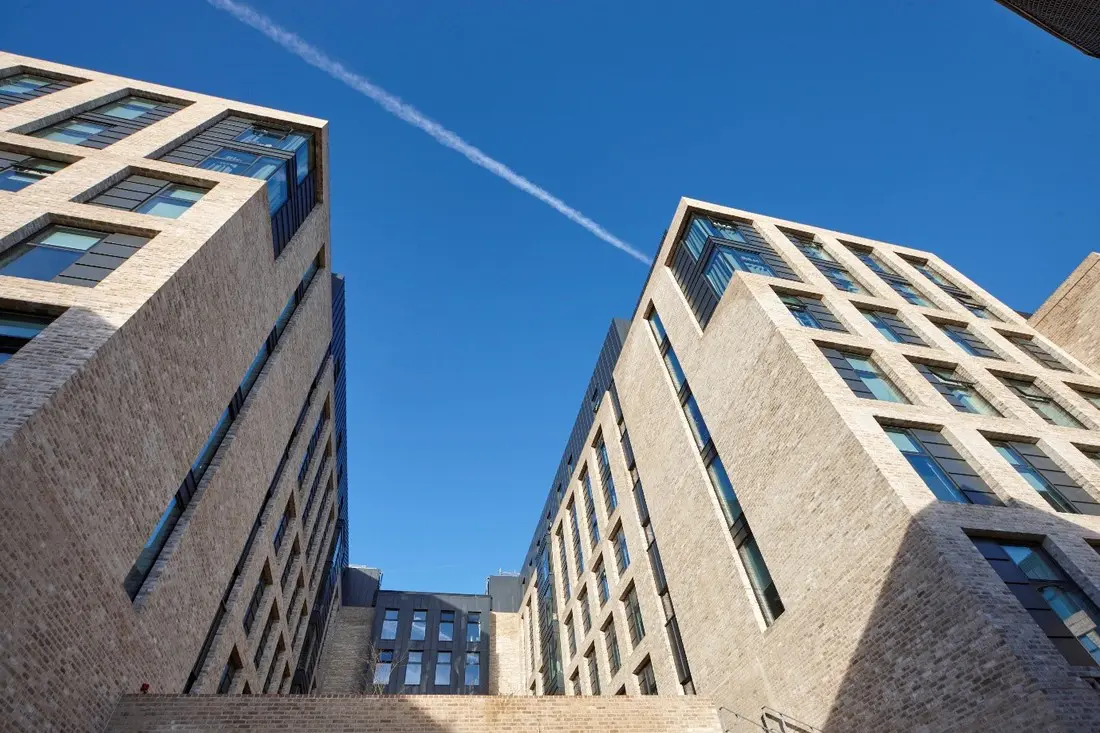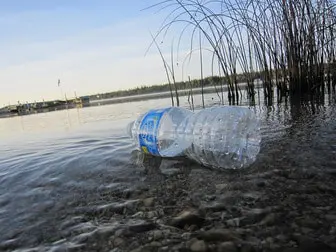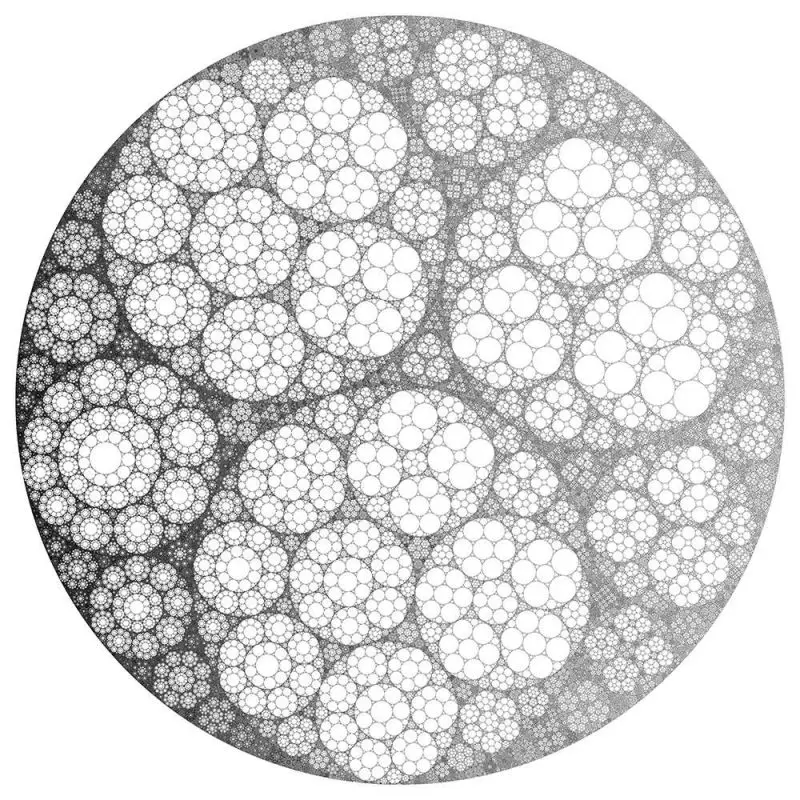In the world of carbon footprinting, the emissions factors from the UK government are a seminal resource. Each year that they are updated gives new insight into the decarbonising UK electricity supply. The 2018 factors are now available. So, what do the “UK Government greenhouse gas (GHG) conversion factors for company reporting” tell us about […]
Category Archives: Sustainability
Each year the UK government releases their greenhouse gas (GHG) emissions factors for company reporting. Within the carbon footprinting sector they are often know as Defra’s GHG emissions factors, despite now being produced by the Government department, BEIS (Department for Business, Energy and Industrial Strategy). They are an invaluable resource for carbon footprint professionals.In August […]
This is Part II of the article, part I revealed how the HM Treasury stated that… “Reducing carbon reduces costs” – HM Treasury, 2013 The Infrastructure Carbon Review (2013) made this bold statement. It appears word for word in the report. However, such a bold statement should not be taken out of context and it […]
What is the value of carbon footprinting? Why should I carbon footprint our business, products, activities or constructions? Why should I do an embodied carbon assessment? These are the questions we face almost daily. The reply is now: “Reducing carbon reduces costs” A bold claim indeed. It’s a claim that would normally be met with […]
Blog by Stephen Allen The contribution of low carbon energy in the UK has risen to an all-time high, while our dependence on fossil fuels has fallen to a record low. Such good news stories seem rare when it comes to the environment – so how did we get here? Percentage Shares In 2005, I began […]
Embodied carbon is the carbon footprint of producing materials. It is steadily gaining attention from both industry and parts of government, where it is now recognised that embodied carbon emissions make up a large fraction of the emissions from the construction sector. In fact, it’s often 20-40% of the whole life (embodied + operational) carbon […]
Guest blog by Kurt Rhyner, EcoSur Network It is the goal of most aid projects and the dream of donors. Is it possible to change a situation when immediate action is needed? Some 40 years of hands-on management in post-disaster situations in poor countries have taught me that it is possible to induce steps towards […]
If all the plastic we consumed was recycled, we would soon be able to reduce our heavy dependency on fossil fuels. Could it therefore be, that when we examine the global view of the largest waste management companies, there is simply not enough emphasis placed on plastic recycling? The answer to these two questions, according […]
Circular Ecology will be speaking at Central Europe’s biggest conference for sustainable cities – Urban Future. Over the course of two days, international and domestic experts from cities around Europe will exchange views on best practices and case studies on making cities more sustainable. Urban Futures is expected to attract over 1,500 experts, 150 speakers, […]
We are delighted to announce that Circular Ecology is now an official supporter of OpenLCA, which is a popular life cycle assessment software. Circular Ecology funded an update to OpenLCA, which was a new copy and paste functionality. This new function allows results to be exported more easily, thereby saving users considerable time in the […]










